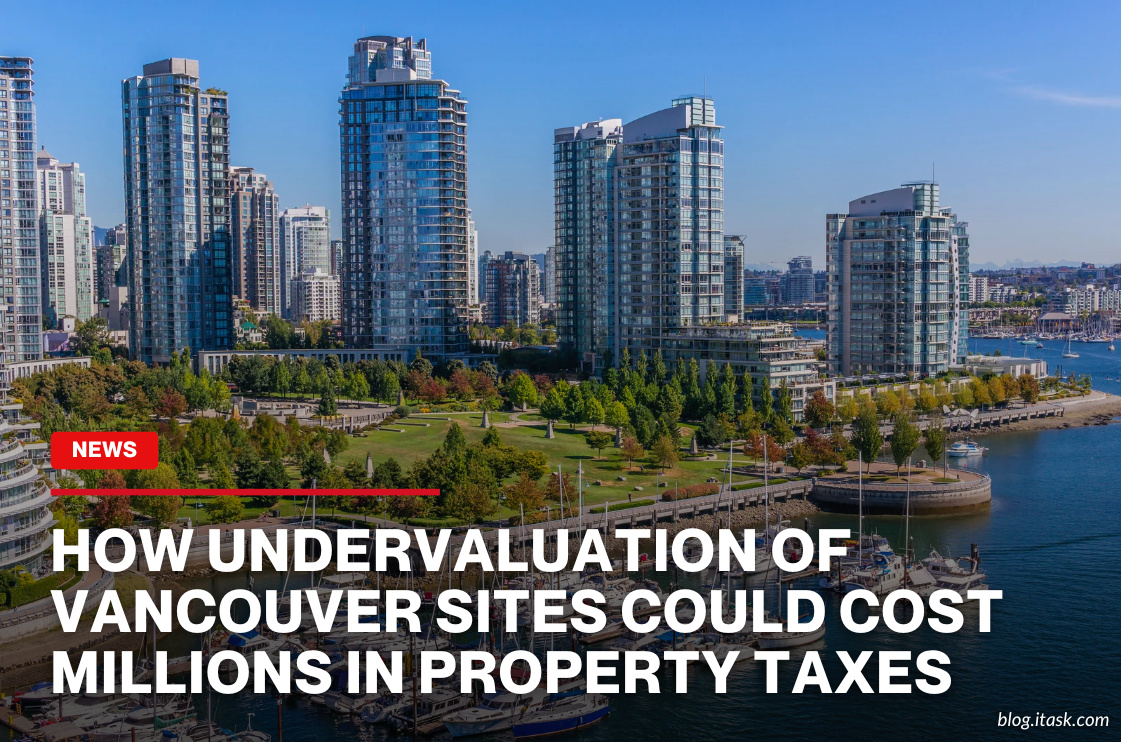How undervaluation of Vancouver sites could cost millions in property taxes
How undervaluation of Vancouver sites could cost millions in property taxes

Vancouver faces a hidden threat to its finances due to the low assessed values of some major properties. When large industrial, commercial, or investment sites are valued too cheaply, they pay less in property taxes than they should. That loss in tax revenue doesn’t just affect big developers—it means homeowners and smaller businesses end up paying more to fill the gap.
The problem stems from BC Assessment’s limited access to real market data. This means big property owners can win appeals and push down their assessed values—sometimes far below what their properties actually sell for. In one example, the Oakridge Shopping Centre sold for over $1 billion in 2016, but its assessment remained stuck at around $500 million for years.
Another case involves the old Oakridge Transit site, which sold for $440 million. Assessments ranged only between $171 million to $379 million, hovering around $325 million—well below its true value—even as market conditions changed. Similarly, the downtown Bay store was believed to be worth up to $900 million, yet it was assessed at mere fractions of that amount, showing how assessments can severely lag behind real values.
City Square Mall, sold for $225 million in 2019, saw its assessed value fall at one point to just 46% of that sale price. Even after an 80% correction, the assessment stayed below market value. Other places, like Garibaldi Village in Squamish, Duncan’s Beverly Corners, and a major redevelopment site in Burnaby, also suffered chronic under-assessment—costing local tax systems millions.
Because large property owners can underpay, the shortfall is passed on to other taxpayers. Smaller ICI owners and residential property holders end up picking up more of the burden. This hidden shift hurts the average taxpayer and deepens distrust in fairness of the assessment system.
Experts say that making small but meaningful changes to the Assessment Act could help fix this. But the current system largely protects the interests of those benefiting from low valuations. Without reform, the pattern will continue—and Vancouver will keep losing millions in potential tax revenue each year.
